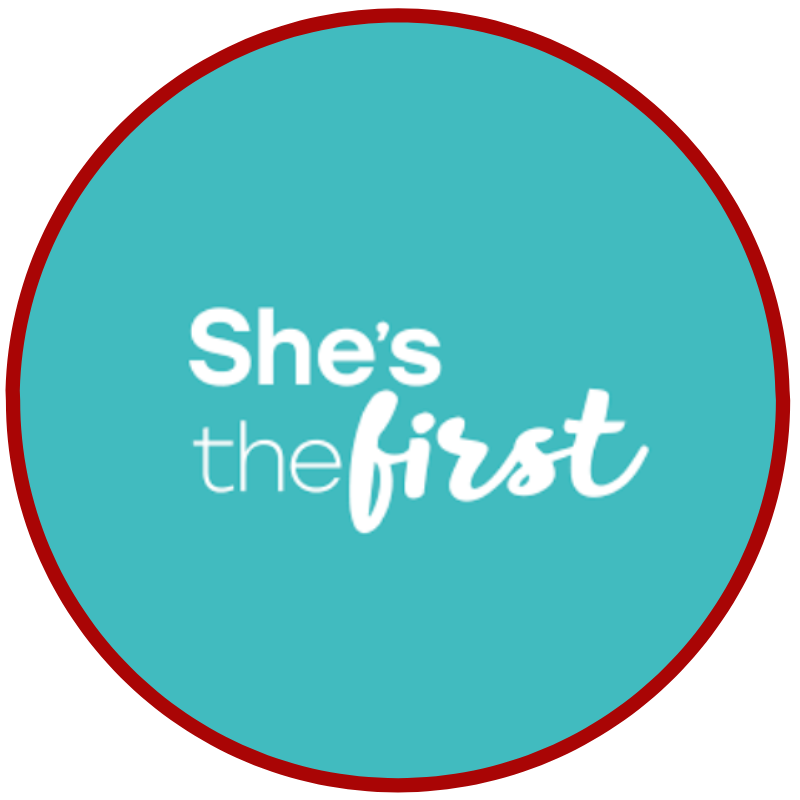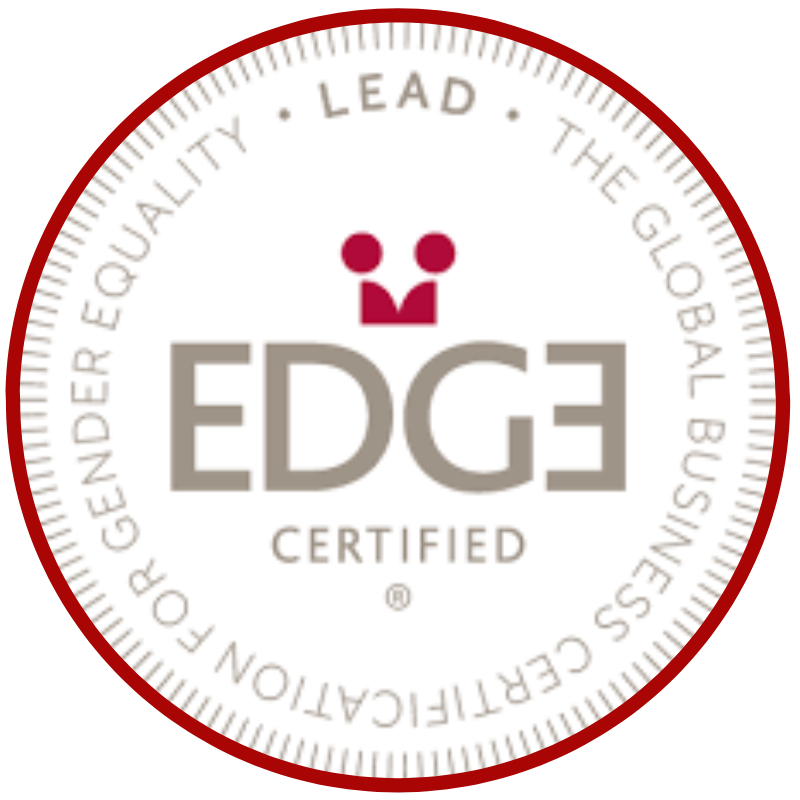 Yesterday, I participated in my first tweet chat. The tweet chat was led by Vital Voices and focused on the importance of womens voices in policy making. The impetus for the tweet chat was an article by Micah Zenko in Foreign Policy called City of Men, which documents that when it comes to think tanks and foreign policy, Washington, DC is (guess what!?) a city of men. Heres what Zenko found:
Yesterday, I participated in my first tweet chat. The tweet chat was led by Vital Voices and focused on the importance of womens voices in policy making. The impetus for the tweet chat was an article by Micah Zenko in Foreign Policy called City of Men, which documents that when it comes to think tanks and foreign policy, Washington, DC is (guess what!?) a city of men. Heres what Zenko found:
To get a sense of the scope of this problem, I looked at the gender breakdown at 10 prominent think tanks with a substantial foreign-policy focus. After crunching the numbers, which were culled from their publicly available rosters, I found that women constituted only 21 percent of the policy-related positions (154 of 723) and only 29 percent of the total leadership staff (250 of 874). The Center for Strategic and International Studies and Center for American Progress boasted the highest percentages of women in policy-related roles (28 percent), and the Stimson Center had the highest total percentage of women in all positions (50 percent).
But the numbers aren’t just skewed against women in think tanks. This gender imbalance is consistent with percentages of women working in other foreign policy and national security-related professions. In the academy, data collected in 2006 found that, of the 13,000 political science professors in the United States, 26 percent were women — up from 19 percent in 1991. Only 23 percent of international relations professors are women, while among comparative politics specialists the figure was 29 percent.
Given this disparity, it should come as no surprise that women are also underrepresented in the halls of power. The Pentagon’s “Senior Defense Officials” website lists 129 positions, of which 21 (16 percent) are filled by women. [T]he State Department’s chief diversity officer recently wrote that “Twenty-two percent of senior leaders at the Department of State are women.” Of the 171 chiefs of mission at U.S. embassies, 50 are women (29 percent).
Yes, weve made progress, although not enough. And, of course, having a smart, strategic women Secretary of State helps us continue to move forward. So, the chat focused on what we can all do to address this issue from pressure on think tanks to have more women in their programming, to promoting women experts, to monitoring how think tanks are doing. The group acknowledged that we have male allies and that we need to think about how to engage them as well. It was fun and exciting to be part of such a lively discussion . Stay tuned for where we go next.





